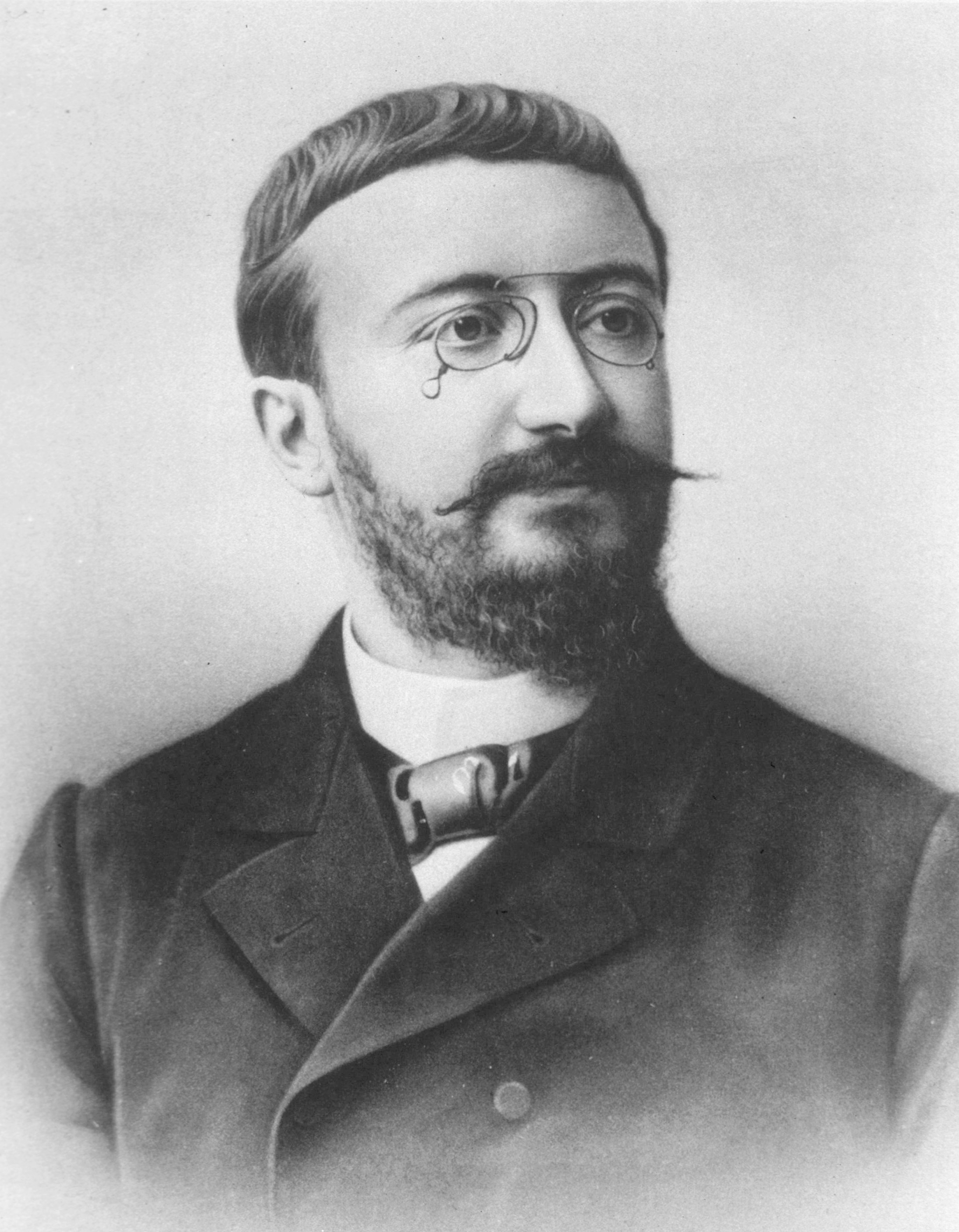Fonte: The Mind and the Brain, 1907, p. 37
Alfred Binet: Frases em inglês
Alfred Binet (1903). L’Etude experimentale de l’intelligence. Paris: Schleicher Freres and Cie. p. 299; As cited in: Carson (1999, 360)
Alfred Binet (1900), La suggestibilite, Paris: Schleicher. p. 119–120); As cited in: Carson (1999, 363-4)
Fonte: The development of intelligence in children, 1916, p. 37 : lead paragraph of "New Methods for the Diagnosis of the Intellectual Level of Subnormals"
“The mechanical conception of the universe is nothing but naïve realism.”
Fonte: The Mind and the Brain, 1907, p. 38
Alfred Binet (1903). "La creation litteraire. Portrait psychologique de M. Paul Hervieu", L’Anne´e psychologique (10), p. 3; As cited in: Carson (1999, 361-2)
Alfred Binet (1909/1975, 105-6), as cited in: B.R. Hergenhahn. An Introduction to the History of Psychology 2009. p. 313
Modern ideas about children, 1909/1975
Alfred Binet (1909/1975, 105), as cited in: B.R. Hergenhahn. An Introduction to the History of Psychology 2009. p. 312-3
Modern ideas about children, 1909/1975
Fonte: The Mind and the Brain, 1907, p. 43
Fonte: The Mind and the Brain, 1907, p. 76
Fonte: The Mind and the Brain, 1907, p. 12
Fonte: The Mind and the Brain, 1907, p. 60; Definition of sensation
Alfred Binet (1894). Psychologies des grands calculateurs et joueurs d’echecs. Paris: Hachette. p. 71; As cited in: John Carson, "Minding matter/mattering mind: Knowledge and the subject in nineteenth-century psychology." in: Studies in History and Philosophy of Science Part C. 30.3 (1999): p. 363
Fonte: The development of intelligence in children, 1916, p. 42-43
Fonte: The development of intelligence in children, 1916, p. 64
Fonte: The Mind and the Brain, 1907, p. 13-14
Fonte: The Mind and the Brain, 1907, p. 25
Fonte: The Mind and the Brain, 1907, p. 17
Alfred Binet (1909, 118) as cited in: Seymour Bernard Sarason, John Doris (1979), Educational handicap, public policy, and social history. p. 32
Modern ideas about children, 1909/1975
